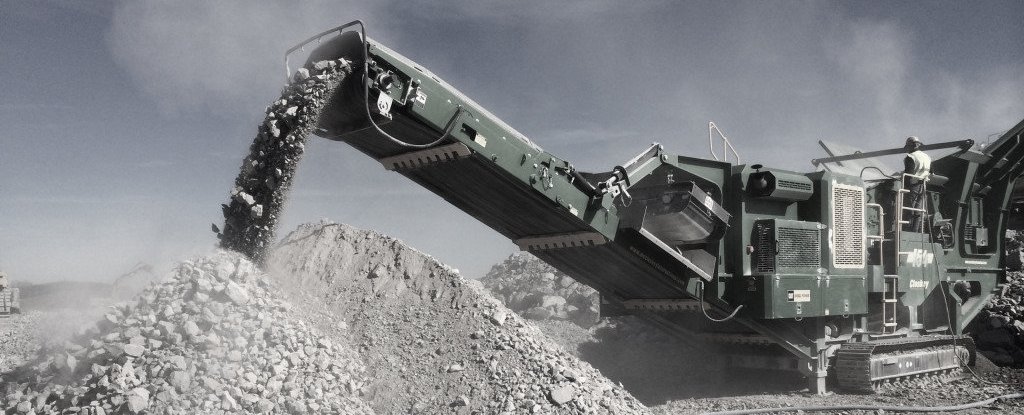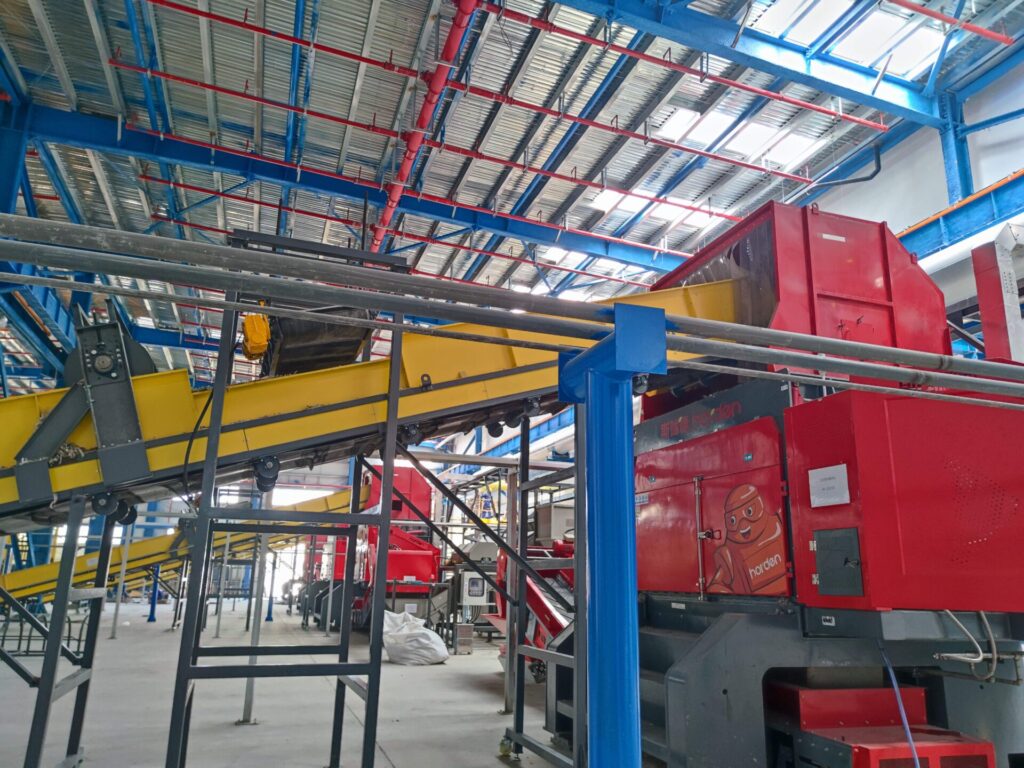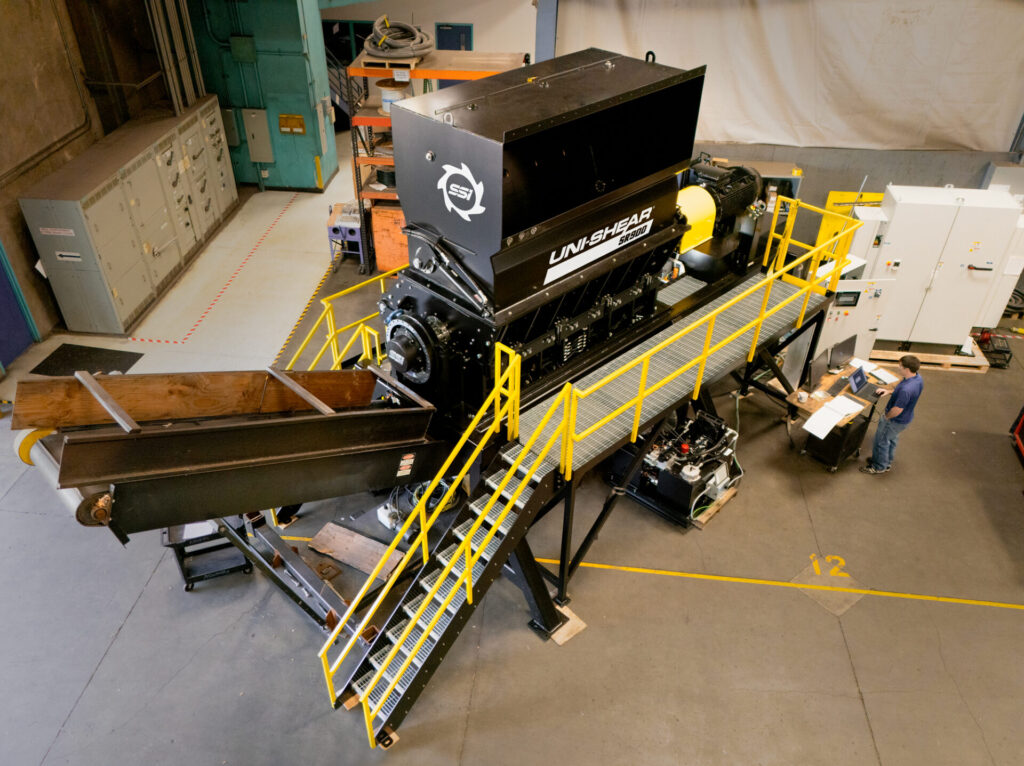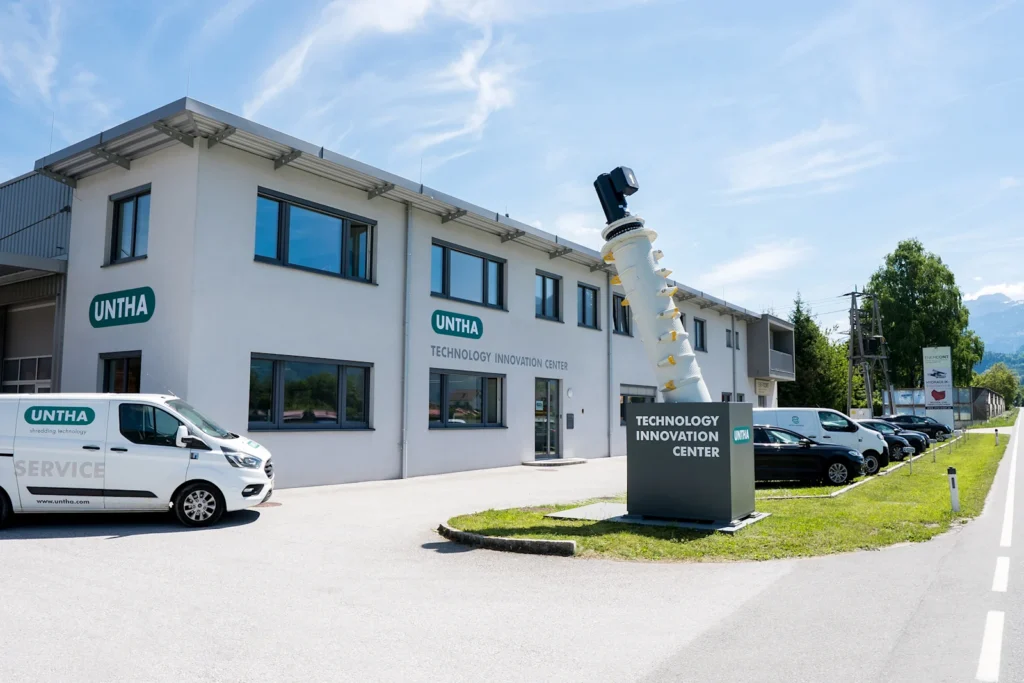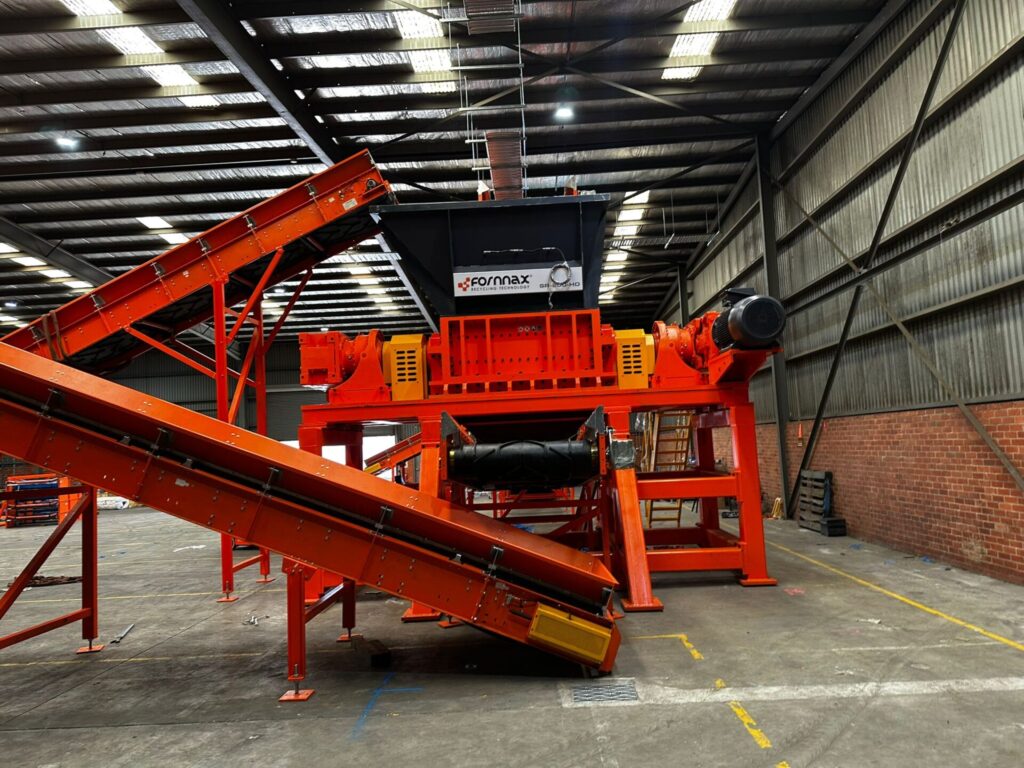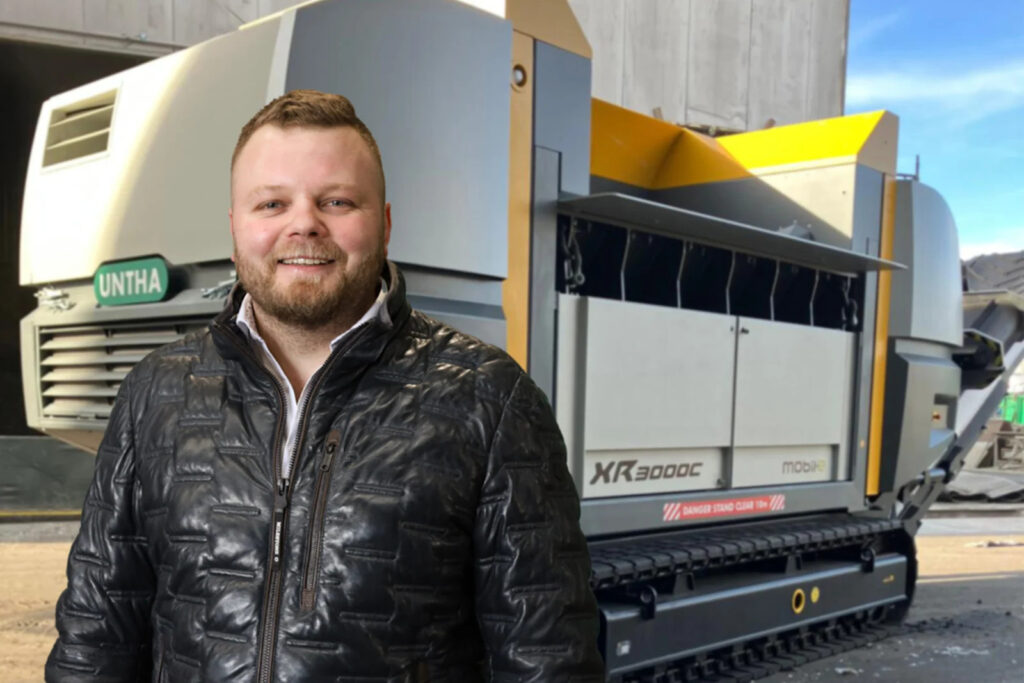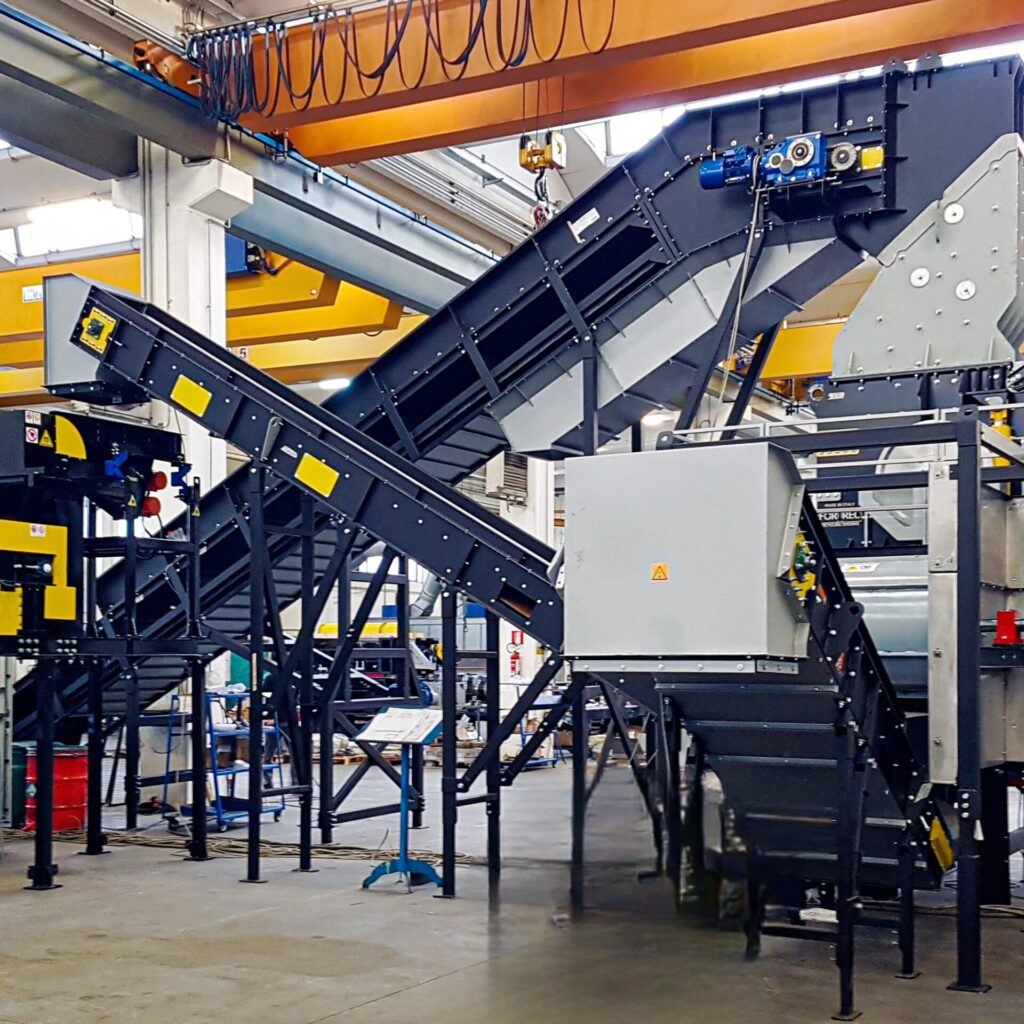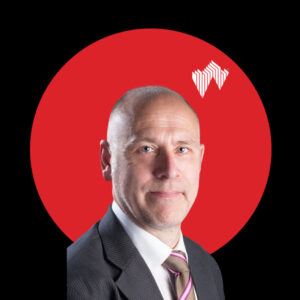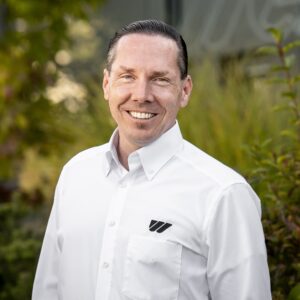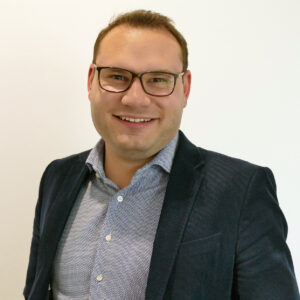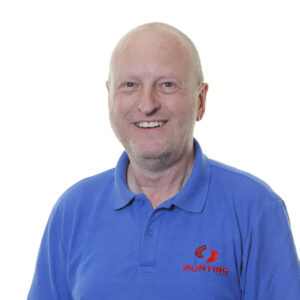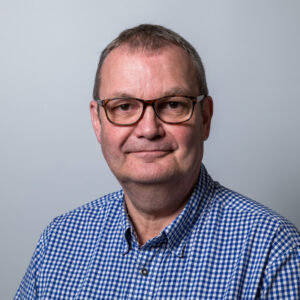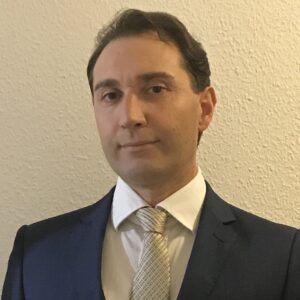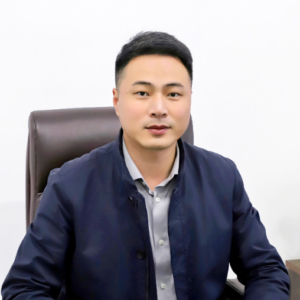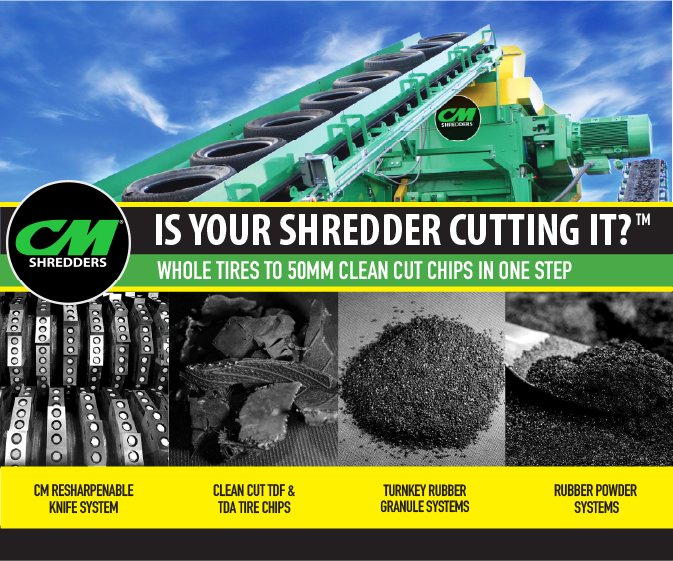Waste size reduction reduces the size of bigger particles into smaller particles of desired size and shape. The main objectives of size reduction of waste are easy disposal of waste, improved handling characteristics, decrease in particle size, and intimate mixing. Size reduction of waste is mainly achieved using granulators, shredders, and pulverizers.
Granulators are used to reprocess a material so that its size and density are closer to the virgin material. The reprocessed material can then be used in the recycling process. After granulation, materials can be recycled more easily.
Shredding is a waste disposal technique to reduce everything, from paper to e-waste to industrial waste. Shredders are used to shred large parts into smaller, more usable parts. Shredders are often used because they can process a wide range of materials of different sizes. The processed material from the shredders is often fed to a granulator.
Pulverization is the process of applying a force to a solid material to destroy it and reduce it into pieces that are smaller than the original size. Pulverization has been done for many materials, including ore, glass, paints, ceramics, and medicines.


